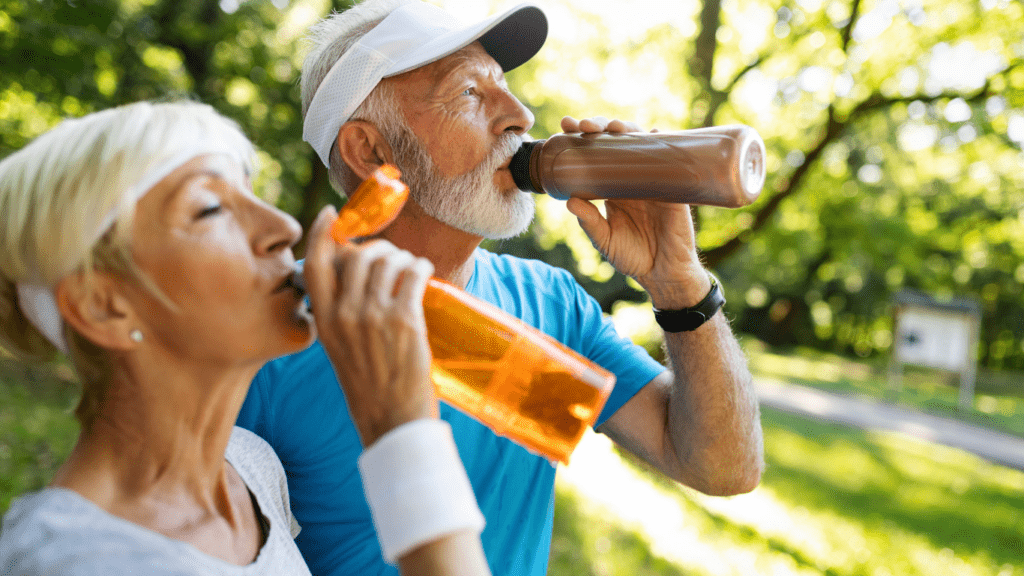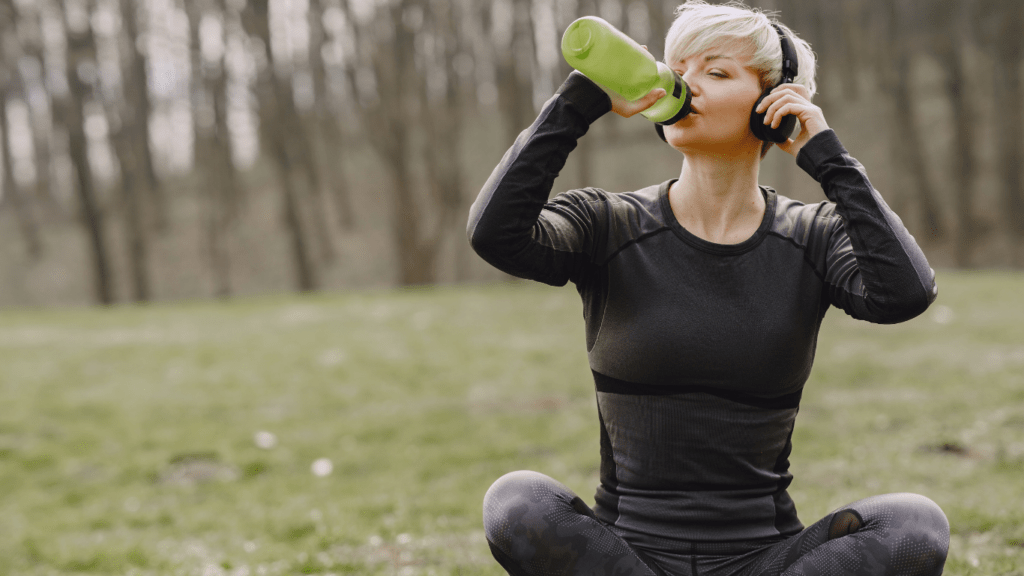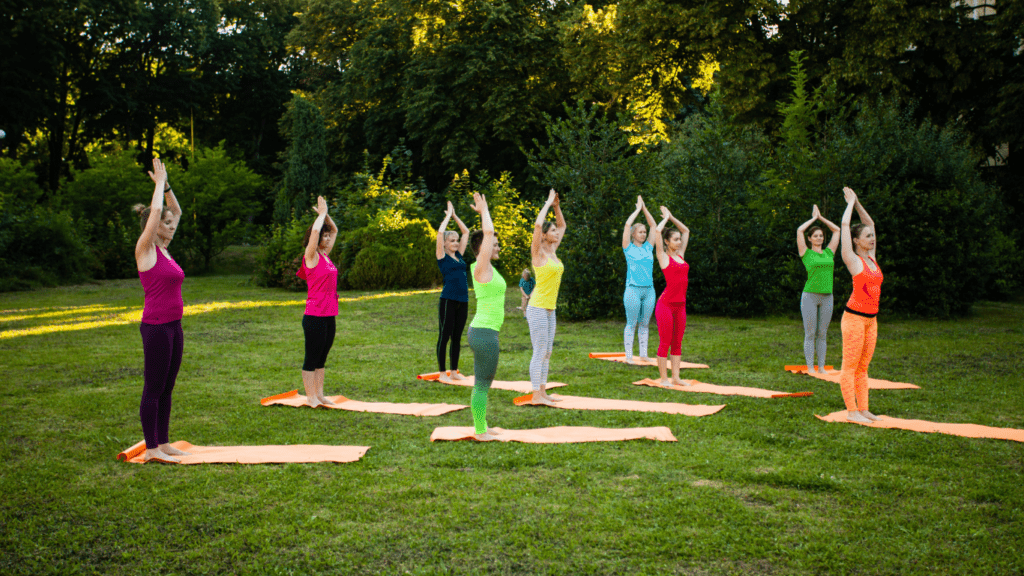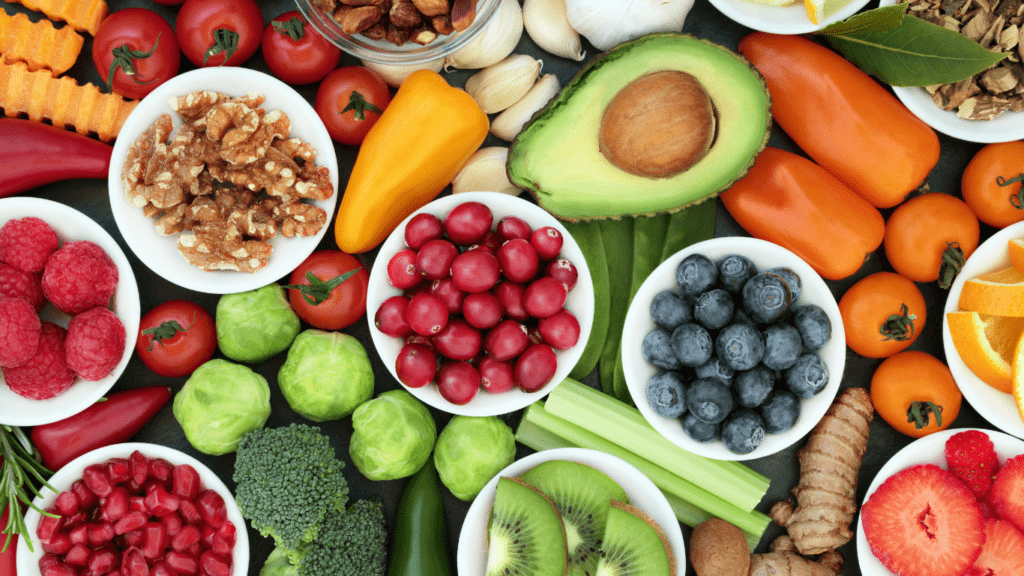Why Hydration Is Essential For Energy
Hydration directly influences energy production within the body. Water helps transport nutrients and oxygen to cells, enabling efficient energy generation. Without adequate hydration, cells can’t perform optimally, leading to fatigue.
The body relies on water to regulate temperature and maintain blood circulation. Dehydration disrupts these processes, increasing heart strain and reducing endurance during both physical and mental tasks.
Hydration also supports cognitive function. Even mild dehydration, as little as 1–2% body weight loss, affects attention, memory, and overall focus. Staying hydrated ensures mental alertness throughout the day.
Electrolytes, found in water-rich foods and beverages, are key for nerve and muscle function. Imbalanced hydration lowers electrolyte levels, causing muscle cramps, weakness, and reduced energy output.
Proper hydration prevents energy crashes linked to dehydration. For example, early symptoms like headaches and irritability resolve when water intake increases, allowing the body to recover and sustain energy.
Common Signs Of Dehydration
Dehydration can manifest through various physical and cognitive indicators that disrupt daily performance. Recognizing these signs early ensures timely action to maintain energy and focus.
Physical Symptoms
Physical symptoms often include dry mouth, fatigue, and muscle cramps. For instance, fatigue may result from reduced blood flow to muscles, while dry mouth signals a lack of saliva production. Dark urine, dizziness, and a rapid heart rate might also indicate insufficient hydration. Persistent symptoms such as dry skin or low blood pressure should not be ignored, as they often point to chronic dehydration.
Cognitive Effects
Dehydration impacts cognitive functions critical for daily tasks. These effects can include difficulty concentrating, short-term memory lapses, and mental fatigue. Even mild dehydration disrupts brain function, leading to slower response times and reduced alertness. Irritability or confusion in severe cases highlights the importance of restoring fluid balance to support mental clarity.
Simple Hydration Hacks For Daily Energy

Staying hydrated doesn’t have to be complicated. Small, consistent actions can help maintain energy levels throughout the day and prevent the effects of dehydration.
Start Your Day With Water
Drinking water first thing every morning replenishes fluids lost during sleep. I drink 12-16 ounces of water immediately after waking up to kickstart my hydration. This practice jumpstarts digestion, boosts circulation, and prepares the body for a productive day.
Incorporate Hydration Into Your Routine
Making hydration part of daily habits ensures consistency. I keep a reusable water bottle with me and take sips throughout the day to avoid thirst signals. For example, I drink a glass of water before meals and pair hydration with specific tasks like returning calls or checking emails to create triggers.
Choose Hydrating Foods
Foods with high water content are a great supplement to liquid intake. I include options like cucumbers (95% water), watermelon (92%), and oranges (86%) in my meals or snacks. Soups, smoothies, and salads also help meet hydration goals while adding essential nutrients.
Use Technology To Track Water Intake
Apps and smart water bottles simplify tracking. I’m consistent by using apps like WaterMinder or MyFitnessPal to set reminders and monitor progress. Smart bottles with sensors and alerts allow me to stay on track without constantly thinking about hydration.
Myths And Misconceptions About Hydration
Misunderstandings about hydration often lead to improper water intake, impacting energy levels and overall health. Clarifying these myths helps develop sustainable hydration practices.
How Much Water Do You Really Need?
- The belief that everyone needs eight 8-ounce glasses of water daily is misleading.
- Individual hydration needs vary based on factors like age, gender, activity level, and climate.
- According to the National Academies of Sciences, Engineering, and Medicine, adequate daily fluid intake is approximately 3.7 liters (125 ounces) for men and 2.7 liters (91 ounces) for women, including water from all beverages and foods.
- Consistently listening to thirst cues remains essential as hydration requirements differ daily.
Can Other Beverages Count Towards Hydration?
Water is often recommended as the primary source of hydration, but other beverages contribute to daily fluid intake, too. Drinks like milk, herbal teas, and even coffee provide hydration, although caffeine in excessive amounts can act as a diuretic. Foods with high water content, such as:
- tomatoes
- celery
- strawberries
are also valuable sources. While sugary sodas and energy drinks may hydrate temporarily, their high sugar content can lead to energy crashes, making them less ideal.
Tips For Maintaining Hydration On Busy Days
Maintaining hydration on busy days is essential to staying energized and focused. Simple strategies can help integrate hydration seamlessly into an active routine.
Portable Hydration Solutions
Carrying a reusable water bottle keeps hydration accessible throughout the day. I prefer insulated bottles to keep water cool or use collapsible bottles when space is limited. Invest in a bottle with measurement markers to track water intake. Pre-fill bottles with infused water—using fruits like lemon or mint—to enhance flavor and encourage frequent sipping. For added convenience, water pouches are lightweight and fit in small bags, making them ideal for on-the-go use.
Staying Hydrated During Workouts
Drinking water before, during, and after exercise supports performance and recovery. I aim to hydrate 16-20 ounces before workouts and sip 7-10 ounces every 20 minutes during activity, adjusting for intensity. Incorporating electrolyte drinks or tablets prevents imbalances from excessive sweating. Post-workout, replenishing with water and hydrating snacks like oranges or celery ensures optimal recovery and energy levels.





